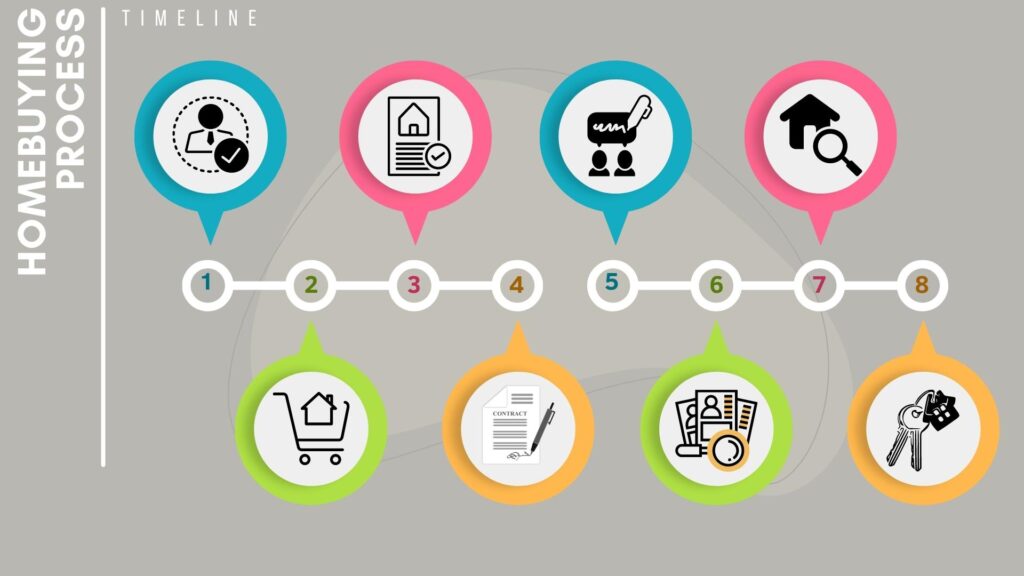attention
homebuyers!

— Buying a home can be stressful. That’s why we’re here to help!
Here's What you need to know:
- Meet with a Real estate professional. A real estate agent can provide valuable guidance and support throughout the home-buying process. They can help you find the right home, negotiate the best price, and handle all the paperwork. In addition, they can offer advice on mortgage financing and home maintenance. Meeting with a real estate agent is a great way to get started on the path to homeownership. Buyer’s advantage: agent’s commission is paid by the seller. Saving costs for the buyer.
- Get pre-approved. A pre-approval letter lets sellers know that you’re a serious buyer, and it can give you an edge over other buyers who haven’t gone through the pre-approval process.
- Search for Homes. Searching for homes can be a daunting task, especially for first-time home buyers. There are many factors to consider, such as location, price, and amenities. However, with the help of a real estate agent, home buyers can narrow their search and find the perfect property. Real estate agents have intimate knowledge of the local market and can provide home buyers with valuable insights.
- Offer and Contract. If you’re considering purchasing a piece of real estate, it’s important to submit an offer letter to the seller before going under contract. This document outlines your proposed purchase price and terms and is generally used to negotiate the final purchase agreement.
- Open an Escrow with a Title Company. The escrow process protects both the buyer and the seller in a real estate transaction. The title company will hold the funds from the sale in escrow until the deal is finalized. They will also conduct a title search to make sure that the property is free and clear of any liens or encumbrances. This provides peace of mind for both parties involved in the transaction.
- Buyer Contingencies. Also called “Walk-away” clauses in a contract. It will protect you from buying a property that doesn’t meet your expectations.
- Buyer’s due diligence is the process by which a buyer investigates the property they are interested in purchasing. This process can include a variety of activities, such as ordering a home inspection, reviewing the property’s title history, and meeting with the seller to discuss their motivation for selling. A buyer’s due diligence is an important part of any real estate transaction, as it helps to ensure that the buyer is fully informed about the property before making a decision to purchase.
- An appraisal contingency is a very important part of any real estate transaction. It protects the buyer by ensuring that they are not paying more for the property than it is actually worth. If the appraisal comes in lower than the agreed-upon purchase price, the buyer has the option to renegotiate the price or walk away from the deal.
- A loan contingency is a condition in a real estate contract that gives the buyer the right to cancel the contract if they are unable to obtain financing. The loan contingency protects the buyer in case they are unable to secure a loan, and it gives them time to shop around for the best loan terms.
- Final Walk-through. This walkthrough is an opportunity for the buyer to confirm that the condition of the property has not changed since the contract was signed and that all agreed-upon repairs have been made.
- Closing. All the paperwork is signed and the title to the property is transferred to the new owner.
- Signing (title docs, loan docs) → Recording (official record at Clark county) → Confirmed
- If there is an out-of-state client, we can help to schedule a mobile notary with the Title.
